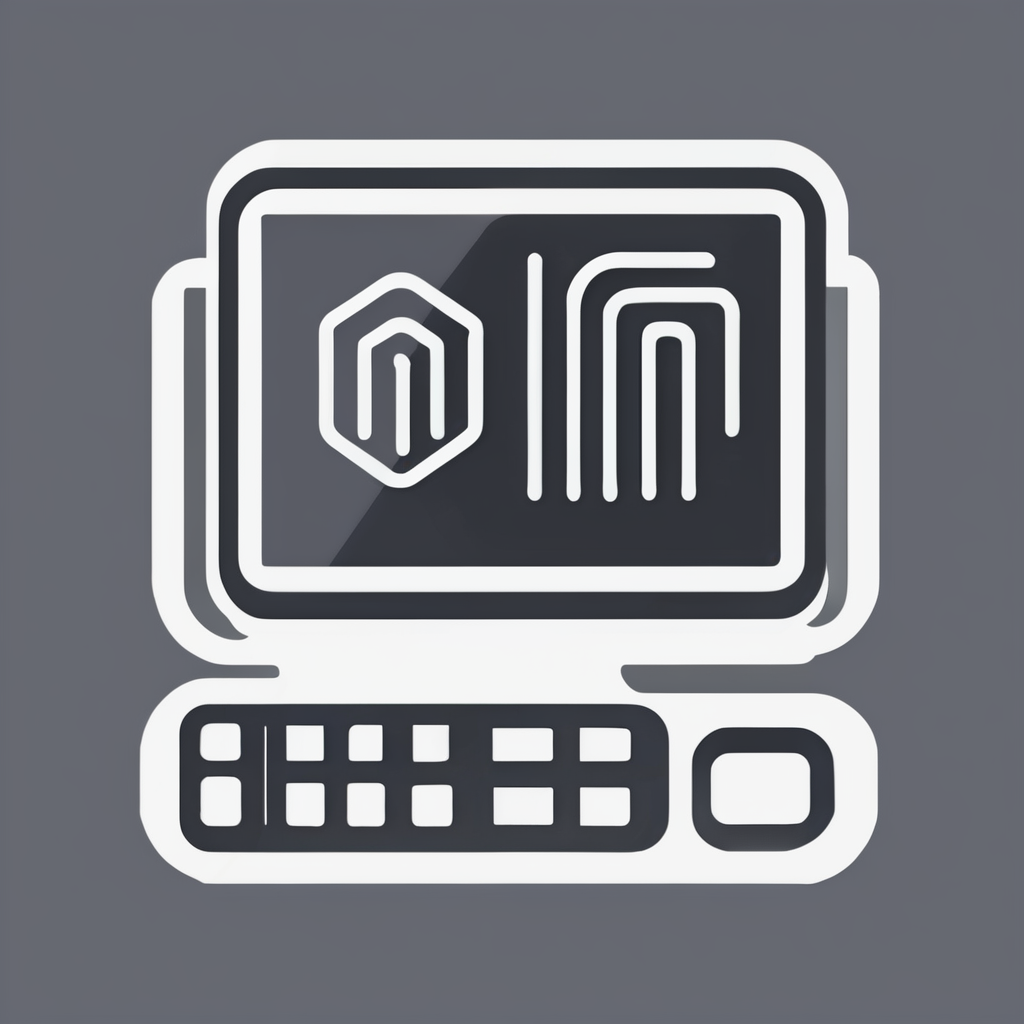Smartphones as Essential Tools for Everyday Life in the UK
The digital heartbeat of modern Britain
In the UK, smartphones in daily life have become indispensable, integrating seamlessly into routines across all demographics. Recent smartphone statistics UK reveal that over 80% of adults own a smartphone, highlighting the device’s ubiquity. These tools have revolutionized how people work, communicate, and access services—key indicators of the ongoing digital transformation UK.
Also to see : How is smartphone computing influencing UK education systems?
From booking appointments to mobile banking, smartphones now facilitate activities once tied to physical locations. The adoption rate has surged not only among younger users but also older generations embracing new apps and connectivity. This adoption fuels productivity and social interaction in an increasingly digital culture.
Usage patterns show that many rely on smartphones for navigation, news updates, and real-time communication, underscoring their role in managing daily life efficiently. The evolving landscape illustrates how smartphones in daily life UK shape work-life balance, social engagement, and access to information, firmly embedding technology at the core of everyday existence.
In parallel : What Innovative Features Can Enhance Tomorrow’s Smartphones?
Streamlining Shopping and Banking
Mobile shopping UK has surged, reshaping how consumers engage with retail. Smartphones empower users to browse, compare, and purchase with ease, making digital banking UK an essential complement. This trend highlights the rise of UK retail apps, which simplify access to a variety of products through a few taps.
Popular apps like Tesco and Sainsbury’s have revolutionized online grocery shopping, offering personalized recommendations and seamless checkout experiences. These platforms exemplify how mobile shopping UK integrates convenience and efficiency into everyday tasks.
Simultaneously, digital banking UK solutions enable users to manage finances on the go. With features like instant transfers, bill payments, and spending insights, these services foster greater financial control. Increasing user trust in mobile banking further elevates its role alongside mobile shopping UK.
Together, UK retail apps and digital banking create an interconnected ecosystem. This synergy benefits users by streamlining purchases and financial management, reducing friction between shopping and money handling in the modern digital landscape.
Enhancing Communication and Social Connection
Exploring the power of UK social apps and mobile messaging
Smartphones have revolutionised digital communication, particularly in the UK, by enabling people to maintain close bonds with family and friends. Through mobile messaging apps, users can send instant texts, share photos, and coordinate plans seamlessly. Social media platforms further extend connections, allowing individuals to engage with wider communities beyond their immediate circles.
Video calls are especially transformative, overcoming geographical barriers and bringing loved ones face-to-face regardless of distance. This is crucial in the UK, where dispersed families often rely on technology to nurture relationships. The ease of communication not only prevents feelings of isolation but also fosters new communities, both local and interest-based.
In essence, UK social apps have become integral to daily life. They support emotional well-being by keeping users linked to their social networks effortlessly, illustrating how smartphones do more than just connect—they strengthen the social fabric through diverse digital communication channels.
Navigating the UK with Mobile Maps and Transport Apps
Enhancing daily travel through technology
Mobile maps and public transport apps UK have transformed how people navigate the UK. For driving, walking, or cycling, UK navigation apps like Google Maps and Citymapper provide accurate, real-time routes, helping users avoid traffic and find the quickest alternatives efficiently. These apps are indispensable in urban areas, making daily journeys smoother.
Public transport apps UK play a crucial role in managing commutes. They offer features such as live bus and train updates, journey planning, and ticket purchasing, all accessible from mobile devices. This convenience has made mobile travel the preferred method for many, supporting stress-free navigation of complex transport networks.
The integration of these apps has positively influenced travel efficiency by reducing delays and offering personalised route options. For example, rail passengers benefit from apps that notify of platform changes, while bus riders get real-time arrival predictions. Such technological tools ensure users can plan their journeys with confidence and flexibility, adapting to sudden changes seamlessly.
Smartphones and the Modern Workplace
Smart connectivity reshaping how we work
Smartphones have become indispensable tools for remote work tools in today’s professional landscape. In the UK, mobile work apps allow employees to manage tasks, attend virtual meetings, and stay connected via email seamlessly. The availability of these apps transforms any location into a workspace.
Among the most popular productivity apps UK users rely on are calendar managers, cloud storage, and communication platforms. These tools enhance organisation by synchronising schedules, storing documents securely, and enabling instant collaboration. The integration of such features supports quicker decision-making and reduces downtime.
Workplace expectations have shifted significantly with this technology. Employees now demand greater accessibility and flexibility, leveraging smartphones to balance workloads efficiently. Organisations adopting these remote work tools often see improvements in workflow and employee satisfaction.
By embracing mobile work apps UK, businesses foster a culture where productivity no longer depends on a fixed location, paving the way for a more adaptable workforce ready to meet modern challenges.
Digital Entertainment on the Go
Exploring how mobility transforms media consumption
The rise of UK streaming apps has revolutionized digital entertainment, allowing users to access music, TV shows, and movies anytime, anywhere. This surge in mobile streaming is driven by the convenience smartphones provide, enabling seamless transitions between devices and locations. In fact, music and video streaming services have reported significant growth, highlighting how integral mobile platforms have become for digital media consumption.
Similarly, mobile gaming UK experiences robust popularity across diverse age groups. Casual and hardcore gamers alike value the flexibility of playing on smartphones, leading to an expanding market in mobile gaming apps. This shift also alters traditional entertainment habits, blending gaming into daily routines rather than confining play to specific settings.
Overall, the accessibility of devices fosters an evolving digital media consumption landscape where content is tailored for on-the-go lifestyles. The combination of UK streaming apps and mobile gaming UK exemplifies how technology reshapes entertainment preferences, supporting more interactive and personalized experiences wherever users are.
Accessing Public Services and Local Information
Mobile technology has transformed the way people access public services digital UK offers. Increasingly, UK government apps serve as convenient portals for a variety of essential services, from healthcare appointments to council tax payments. These apps streamline interactions that previously involved long queues or complicated paperwork.
Successful initiatives include apps that provide real-time updates on local events and community news, ensuring residents stay informed. For example, many local councils now offer digital platforms where users can report issues like potholes or missed waste collections instantly through their smartphones.
Smartphones play a pivotal role in bridging the gap between citizens and public services digital UK. Health services increasingly rely on apps for booking appointments, accessing medical records, or receiving alerts—making healthcare more accessible. Similarly, educational resources and local information apps bring community news directly to users, enhancing engagement and awareness.
Using UK government apps not only simplifies accessing vital services but also promotes digital inclusion, enabling broader participation in civic life.
Addressing Challenges and Digital Divide
Digital exclusion remains a pressing issue in the UK, with many facing barriers to smartphone access and usage. Smartphone drawbacks UK often highlight not only limited device availability but also challenges like connectivity gaps and affordability. This digital divide affects education, employment, and daily communication, entrenching social inequalities.
Privacy concerns are another crucial aspect. Many users express privacy concerns UK due to data tracking, app permissions, and potential misuse of personal information. These worries are compounded by increasing awareness of how companies collect and handle user data. Managing screen time also poses difficulties, as excessive use can affect mental health while digital dependency grows.
To tackle these issues, strategies focus on improving digital inclusion through affordable devices and better connectivity infrastructure. Community programs aim to enhance digital literacy and provide tailored support for vulnerable groups. By addressing affordability, privacy, and access barriers simultaneously, the UK strives to bridge the digital divide while mitigating common smartphone drawbacks UK people face daily. This multifaceted approach encourages wider participation in the digital world while promoting safer and more balanced usage.


